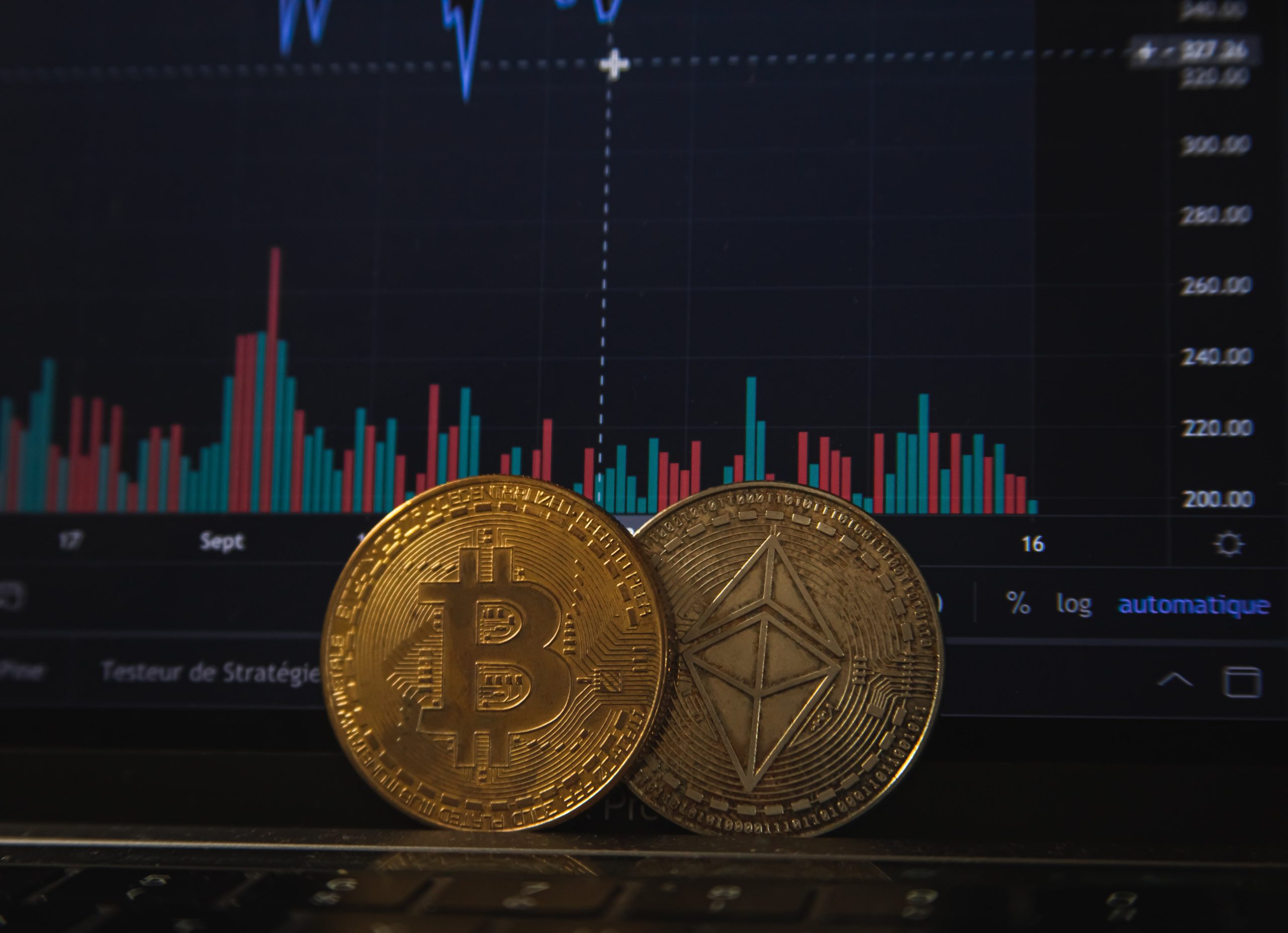- 28 February 2023
- 58
Unlocking The Possibilities Of Blockchain Technology: What You Need To Know

Blockchain technology is quickly becoming one of the most talked-about innovations in the tech world. It’s a revolutionary new way of storing and securing data, allowing businesses to securely store, share, and transfer information without the need for third parties. But what exactly is blockchain? How does it work? And what are its potential applications? With so many questions surrounding blockchain technology, it can be hard to know where to start. In this blog post, we’ll explore everything you need to know about blockchain technology and how it can unlock the possibilities of a more secure future.
How does blockchain technology work?
Blockchain technology is a decentralized, distributed ledger that stores data in a secure, tamper-proof manner. When someone wants to add data to the blockchain, they must first solve a complex computational problem, known as a hash. This hash is then added to the blockchain, along with the data, creating a block. Blocks are chained together, using cryptography, to form the blockchain.
Decentralized means that there is no central authority overseeing the blockchain. Instead, it is maintained by a network of computers around the world. Distributed means that the data is stored on multiple computers in the network.
Ledger refers to the fact that data is recorded and stored in a chronological order. This ensures that each block builds upon the previous one and that no one can go back and change or delete data.
Secure refers to the fact that blockchain technology uses cryptographic techniques to secure data. Tamper-proof means that once data has been added to the blockchain, it cannot be changed or deleted.
The combination of these features makes blockchain technology ideal for storing data that needs to be secure and immutable.
What are the benefits of blockchain technology?
The benefits of blockchain technology are vast and varied. For businesses, blockchain offers a tamper-proof, decentralized ledger for recording transactions. This has the potential to streamline back-end processes and reduce costs. For individuals, blockchain provides a secure way to store personal data and conduct transactions without the need for a third party.
Blockchain also has the potential to solve some of the most pressing issues facing society today. For example, the use of blockchain could help to combat fraud and corruption by providing an immutable record of transactions. Similarly, blockchain could be used to create a fairer, more transparent food supply chain by tracking items from farm to table.
Ultimately, the benefits of blockchain technology are only limited by our imagination. With its ability to revolutionize how we interact with data, there is no telling what new applications will be developed in the years to come.
What are the challenges of blockchain technology?
The challenges of blockchain technology are numerous and varied. Perhaps the most significant challenge is its scalability. Blockchain technology is currently not able to support a large number of transactions simultaneously. This is due to the fact that each transaction must be verified by every node in the network, which can take some time.
Another challenge facing blockchain technology is its energy consumption. The verification process mentioned above requires a lot of computing power, which in turn uses a lot of energy. This is not sustainable in the long run and will need to be addressed if blockchain technology is to have a future.
Finally, there is the issue of security. While blockchain technology is very secure, there have been instances of hacking and theft. This is an area that needs to be improved if blockchain technology is to be trusted with sensitive data.
How can blockchain technology be used?
The potential applications of blockchain technology are almost limitless. Here are just a few examples of how blockchain technology can be used:
-Cryptocurrencies: Bitcoin, Ethereum, Litecoin, etc.
-Smart contracts: These are self-executing contracts that allow two parties to agree on and complete a transaction without the need for a third party.
-Supply chain management: Blockchain can be used to track the movement of goods and materials throughout the supply chain, from supplier to manufacturer to retailer to customer.
-Identity management: Blockchain can be used to verify identities and prevent identity theft.
-Voting: Blockchain can be used to create a secure, tamper-proof voting system.

